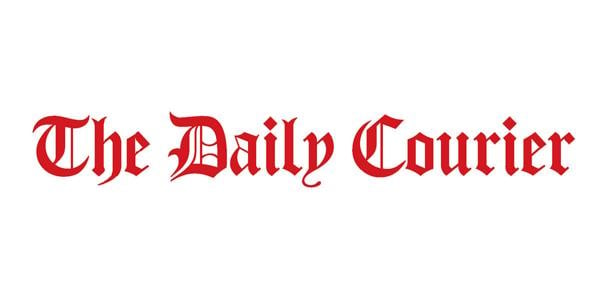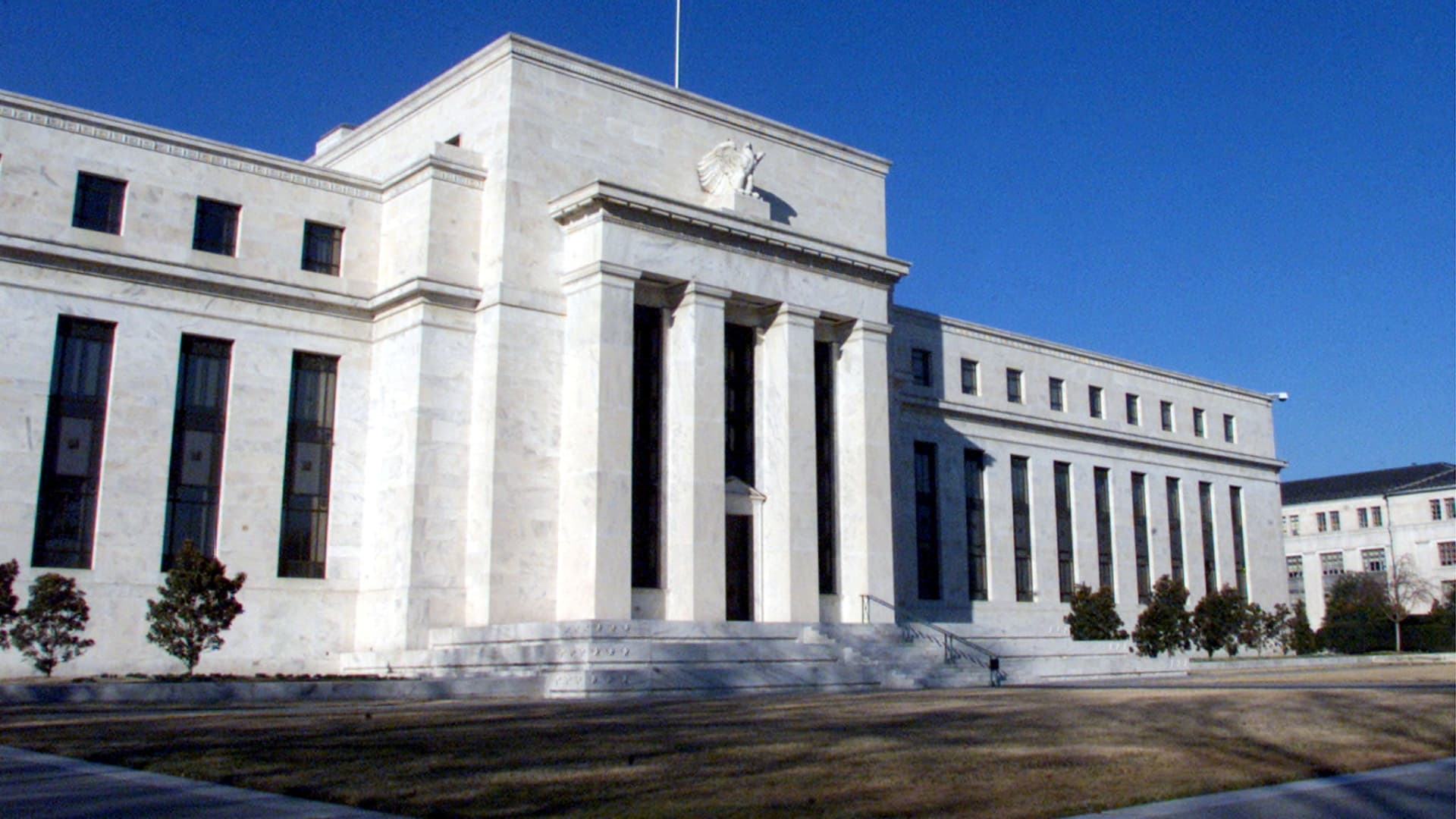





Economic forecasts and political predictions both face the persistent problem of inaccuracy. Despite advancements in data analysis and modeling techniques, professionals in these fields struggle to make accurate predictions. Factors such as overconfidence, herd behavior, and biased interpretation of data contribute to the problem [0154cabc]. Similarly, political predictors, including pollsters and cable news networks, often fail to accurately forecast election outcomes [c8ec8468]. The obsession over college football in the South and constant speculation about political trends further highlight the need for a more nuanced understanding of people's lives and experiences [c8ec8468]. Both economic and political forecasts should focus on possibilities and probabilities rather than a single course of action. Humility and an understanding of the limitations of prediction are necessary in both fields [0154cabc].
The media's role in predicting election outcomes has come under scrutiny. In a recent opinion piece by Gene Lyons in the Norman Transcript, the author criticizes the national political press and cable TV news networks for their inaccurate predictions and reliance on opinion polls. The author compares their track record to weather forecasters, who are now more precise than ever. The author argues that instead of focusing on political predictions, the media should engage in real reporting about people's lives and how they are coping [32c20c0d]. The author highlights recent election results in Ohio, Kentucky, and Virginia that defied expectations, emphasizing the unreliability of opinion polls. The author concludes by urging the media to prioritize real reporting rather than political opinion polls [32c20c0d].
The author criticizes the accuracy of political predictors and compares them to weather forecasters. They highlight the unreliable nature of political polls and the media's obsession with predicting election outcomes. The author argues that instead of focusing on opinion polls, there should be more emphasis on real reporting about people's lives and how they are coping. They point out examples of past elections where the polls were proven wrong and suggest that political predictions are becoming even less accurate. The article concludes by suggesting that given the numerous uncertainties in the world, it is futile to rely on political opinion polls.
Punxsutawney, Pennsylvania is preparing to welcome thousands of visitors for the annual Groundhog Day celebration on February 2. The event will feature Punxsutawney Phil, the world's most famous groundhog, making his weather prediction. The celebration includes various events such as talent shows, banquets, wine and hops walks, and a groundhog ball. The Punxsutawney Groundhog Club expects a higher number of attendees this year compared to the previous year. The celebration is a major economic boost for the area, attracting tourists and supporting local businesses. The event is a community effort that involves multiple entities. The full schedule of events can be found on the Punxsutawney Groundhog Club's website [1a5c9849].
Punxsutawney Phil, the renowned groundhog, predicts an early spring at the 138th celebration of Groundhog Day on Gobbler’s Knob. However, the National Oceanic and Atmospheric Administration cautions that Phil's predictions have only been accurate 30% of the time over the past decade [6ec6a074]. Groundhog Day is a blend of modern technology and ancient traditions, reflecting humanity's desire for the promise of spring. The celebration is rooted in ancient Celtic festivals and the Christian tradition of Candlemas, marking the midpoint of the season. Groundhog Day is a celebration of the return of light and the promise of spring. Europeans chose groundhogs for this tradition when they realized that the hibernating animal associated with spring's arrival in the old country was not native to North America [6ec6a074].
The National Weather Service predicts an overcast day in Punxsutawney, Pennsylvania, where Punxsutawney Phil offers a weather forecast. This means an 'early spring' prediction could be likely. Massachusetts also has its own groundhog, named Ms. G, who predicted an early spring in 2023. The weather in Massachusetts this year is set up for more agreement between the two rodents, with overcast skies predicted across the state on Groundhog Day. Between 80% to 90% cloud cover is expected in Massachusetts, making it challenging for Ms. G to see her shadow. People can watch a livestream of Punxsutawney Phil's prediction starting at 6 a.m. on Friday [80661628].